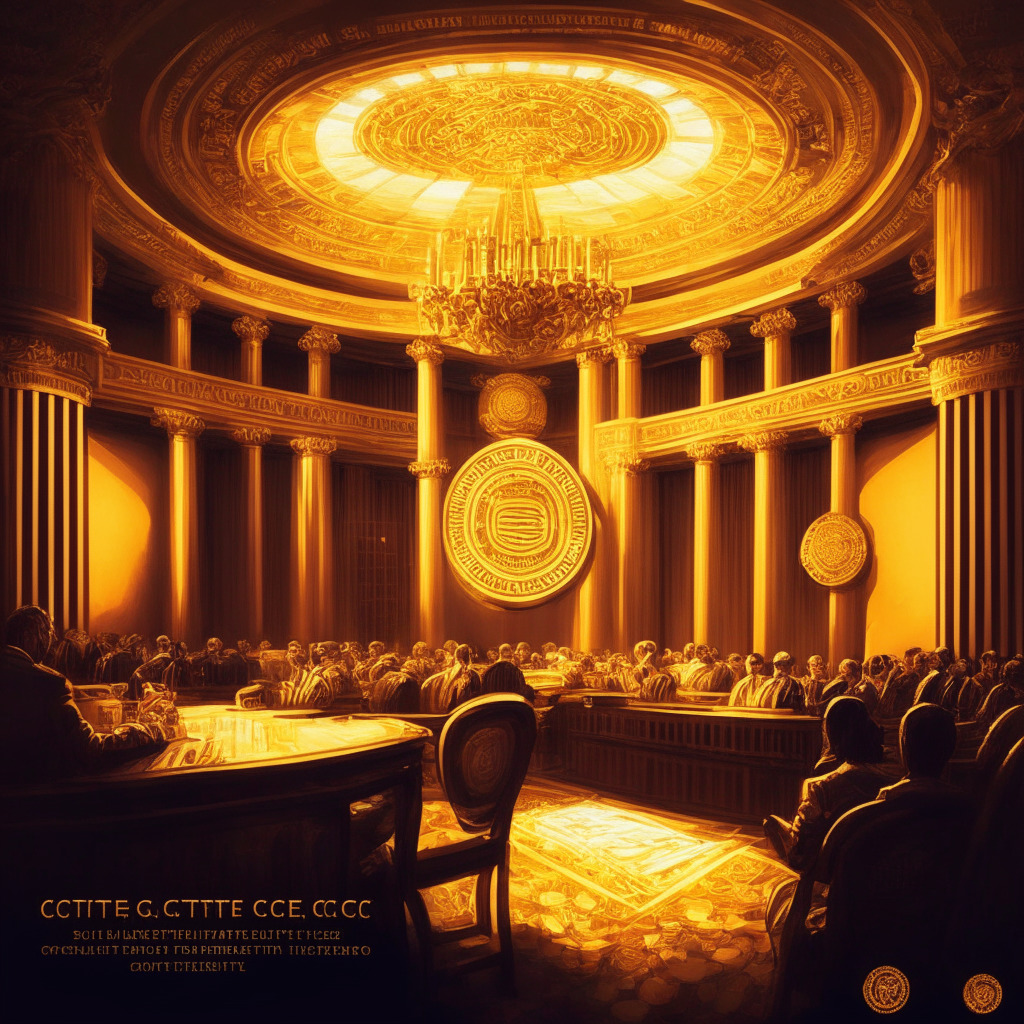In a recent report published by the Financial Action Task Force (FATF), Qatar has been criticized for their lax approach towards crypto companies breaching the ban imposed in 2019. Despite the Qatar Central Bank’s (QCB) ban on virtual asset service providers (VASPs), the country’s authorities have not actively identified or imposed sanctions on these companies violating the prohibition. This raises questions about the effectiveness and intent behind the ban.
The FATF, a global anti-money laundering watchdog, has urged the QCB to be more vigilant in identifying and penalizing VASPs that breach the crypto prohibition. It is important to note that in their report, FATF cited 2,007 transactions were rejected, and 43 accounts closed due to digital asset links. However, no formal sanctions have been applied to any natural or legal persons for contravening the prohibition, even in instances where an unlicensed crypto provider was allegedly found operating in the country.
One of the primary concerns raised by the FATF is that there are major inconsistencies between Qatar’s risk profile and the type and extent of terrorist financing activity prosecuted and convicted. The report suggests that Qatar has not been proactive enough in preventing or tackling the financing of terrorism relating to the crypto space.
It is worth mentioning that Qatar’s stance on cryptocurrency regulation is less friendly compared to neighboring countries such as the United Arab Emirates. However, the QCB governor has previously highlighted the potential benefits of faster payments and has stated that the bank is exploring the possibility of a digital riyal.
In response to the FATF report, the QCB issued a statement on its website, claiming that the country is compliant or largely compliant with each of the forty technical requirements set forth. The QCB also emphasized Qatar’s commitment to combating illicit financing and expressed their intention to strengthen their system based on international standards.
While the report sheds light on the lack of enforcement actions in Qatar’s crypto ban, the QCB’s stance of exploring a digital riyal suggests they might not be completely opposed to this innovative technology. As the crypto landscape evolves and becomes more widely accepted globally, the need for a more comprehensive and dynamic regulatory framework is evident.
The challenge for Qatar lies in balancing the potential benefits of embracing digital currencies with the need to maintain a stringent and accountable regulatory environment. If the country can strike the right balance, it could promote innovation and foster growth in this rapidly changing digital landscape while ensuring financial safety and security.
Source: Coindesk




